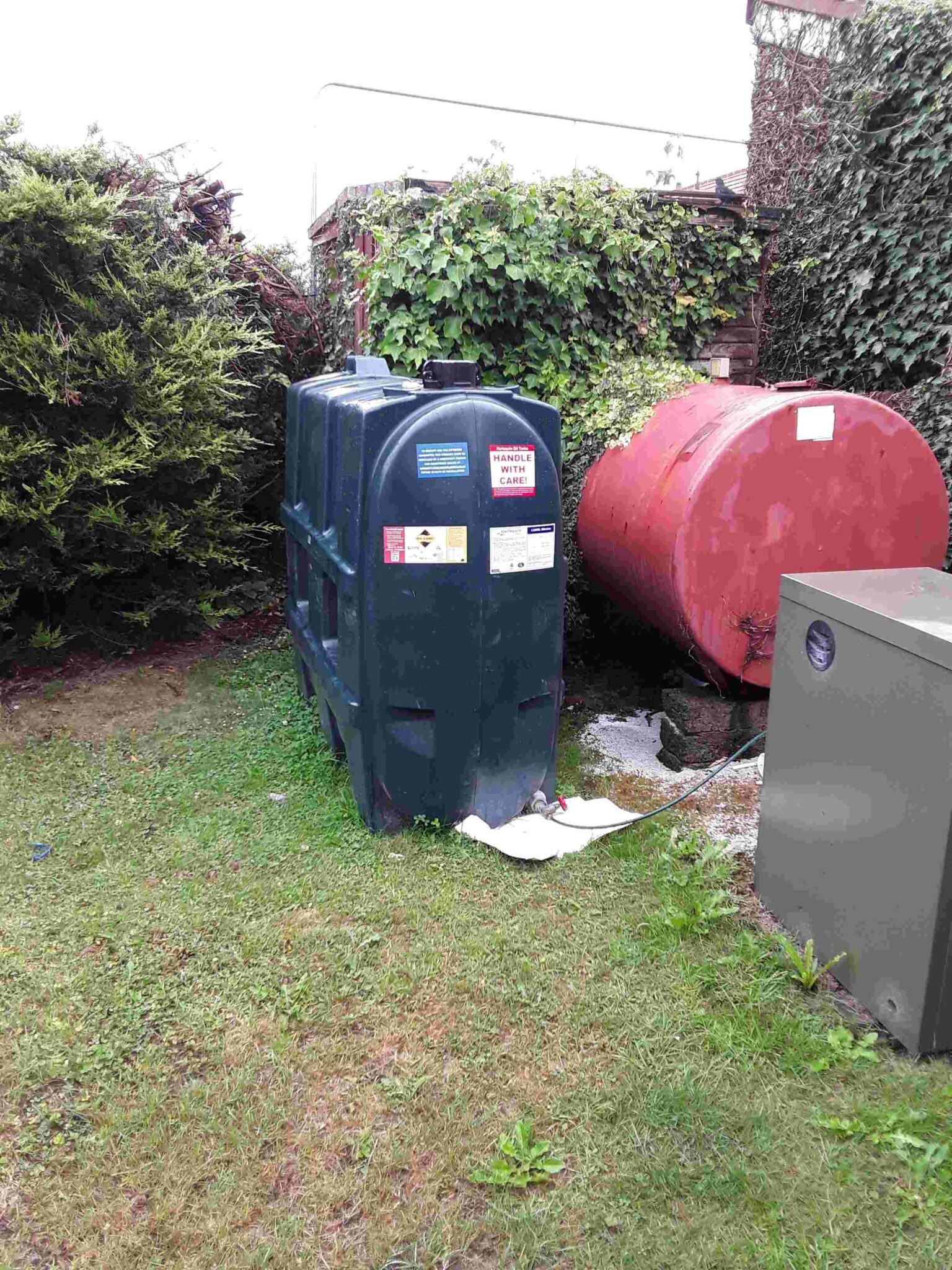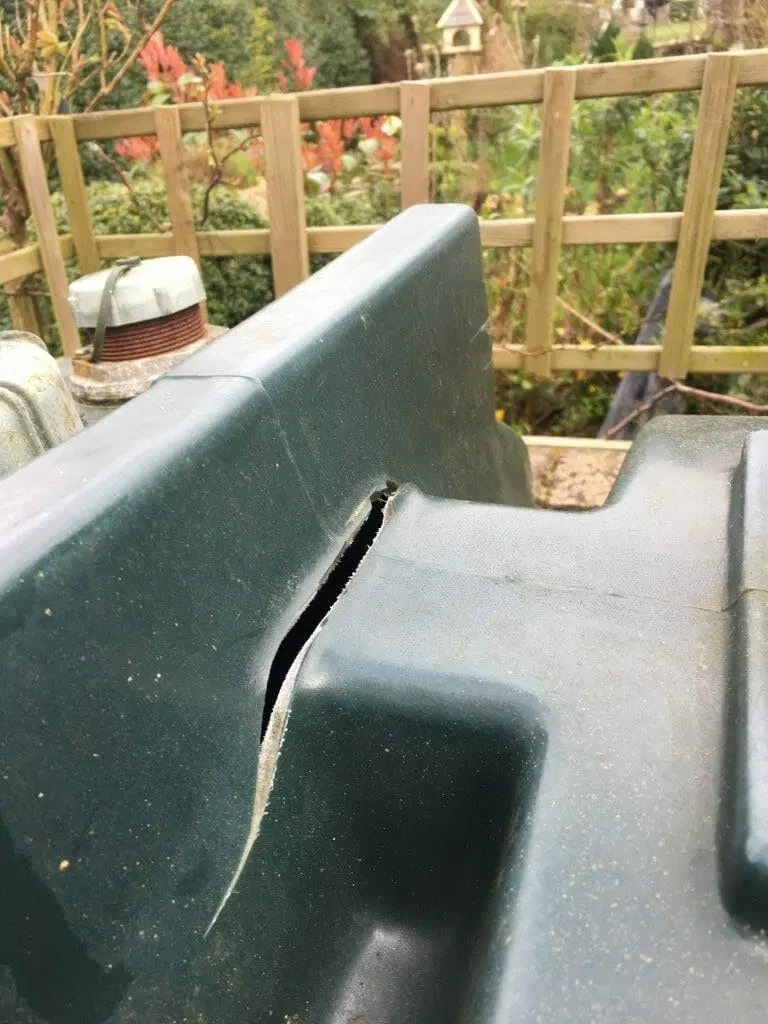What Happened
A fuel depot in Manchester reported an unexpected drop in fuel levels within one of their underground storage tanks. Upon further inspection, they discovered a leak in the fuel transfer line, causing diesel to seep into the surrounding concrete yard. The company contacted us after noticing fuel sheen on rainwater runoff leading towards the site’s drainage system.
Investigation
Our team arrived on-site to conduct a detailed assessment, using:
- Hydrocarbon detection tests to measure contamination levels.
- Ground-penetrating radar (GPR) to check for further subsurface leaks.
- Drainage dye tests to determine whether fuel had reached nearby watercourses.
We found that approximately 600 liters of diesel had leaked, contaminating the concrete yard, subsoil, and surface drains.
what we found
- The fuel had seeped into microcracks in the concrete, increasing absorption.
- Surface drains contained visible diesel slicks, posing an environmental hazard.
- The underground pipework was corroded, with a small crack in the joint causing the leak.
- A nearby stormwater outlet showed traces of contamination, requiring urgent containment.
Remedial works
- Deployed oil spill containment booms to prevent further spread.
- Used high-pressure degreasers and absorbent materials to clean the concrete yard.
- Excavated 20cm of contaminated subsoil to remove absorbed diesel.
- Installed new stainless steel fuel lines with corrosion-resistant coatings.
- Applied a protective concrete sealant to prevent future absorption.
Validation
- Water samples from the drains confirmed the removal of diesel residues.
- Soil testing showed contamination levels had returned to safe limits.
- The company received certification of compliance with environmental regulations.
Reinstatement
- Repoured concrete in the affected area to ensure structural integrity.
- Conducted full system pressure testing to confirm no further leaks.
- Installed early leak detection sensors to prevent future incidents.
Turn around - savings
- Completion time: 8 days
- Cost savings: £15,000 saved by preventing full excavation of the site.
- Regulatory compliance: Avoided potential fines for environmental contamination.
- Prevented business downtime, keeping depot operations running smoothly.


